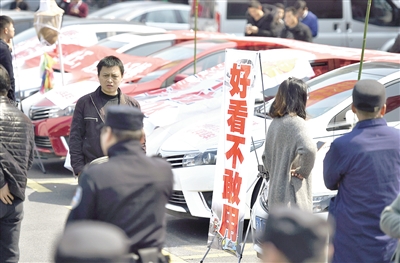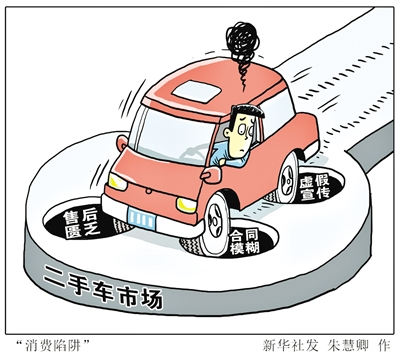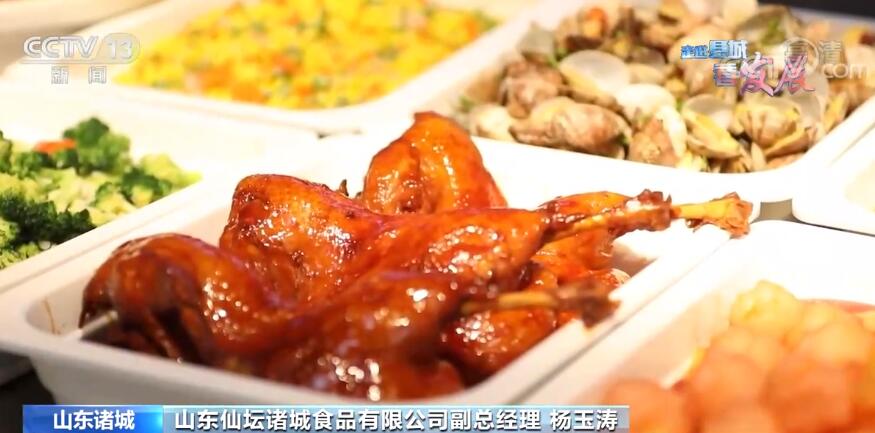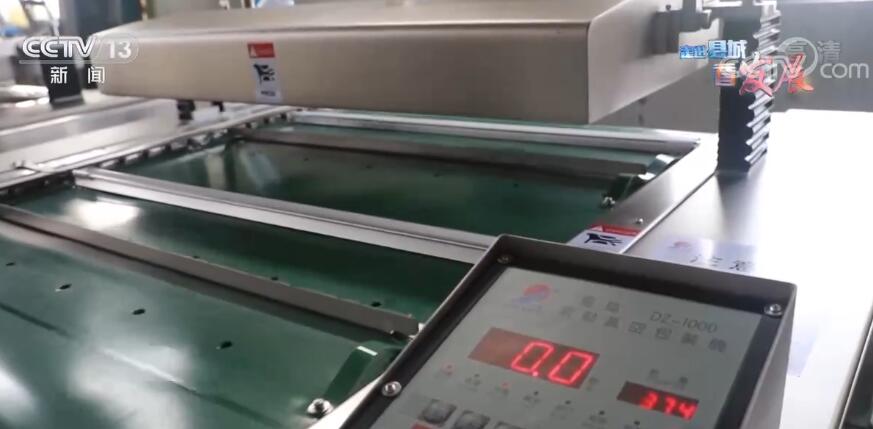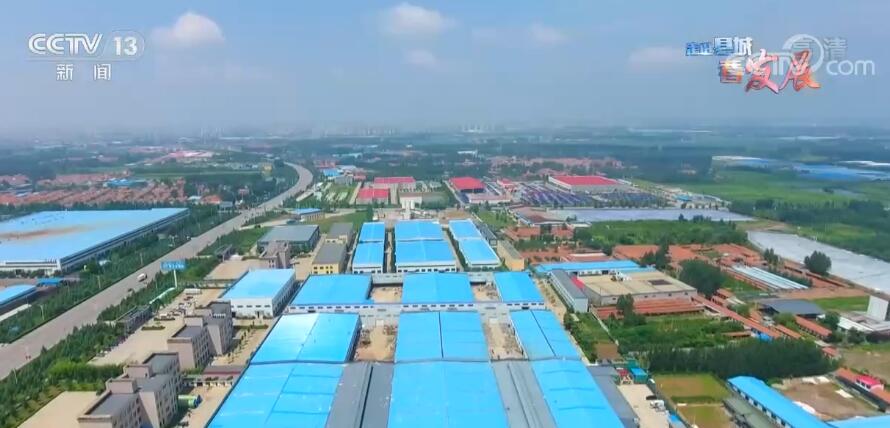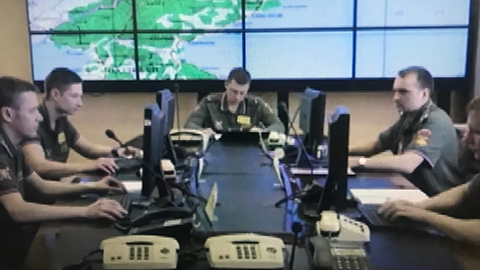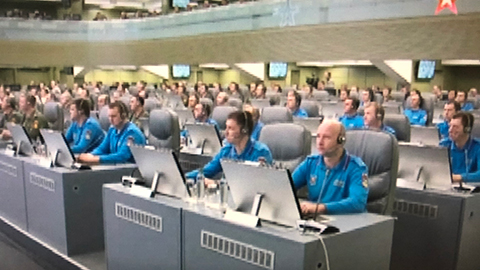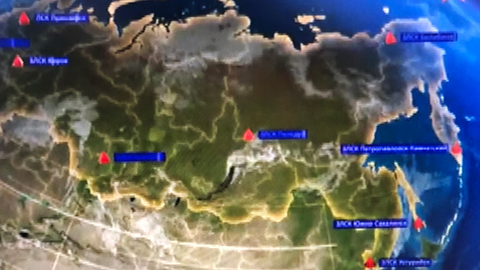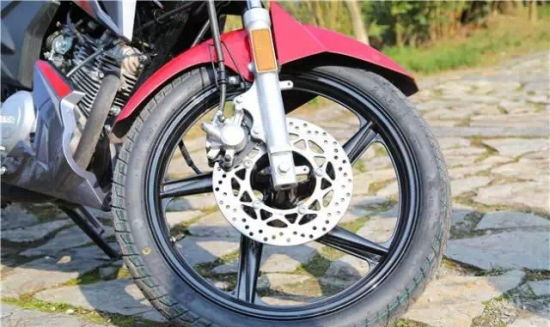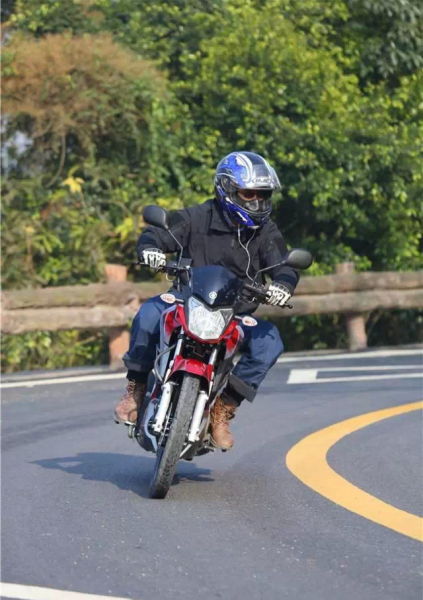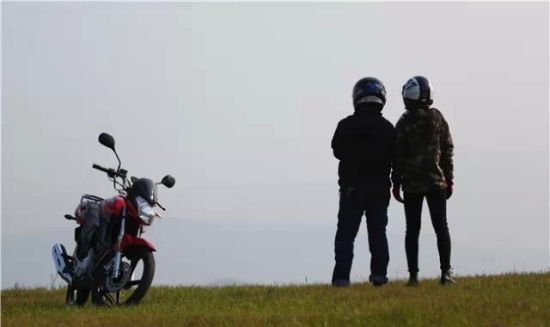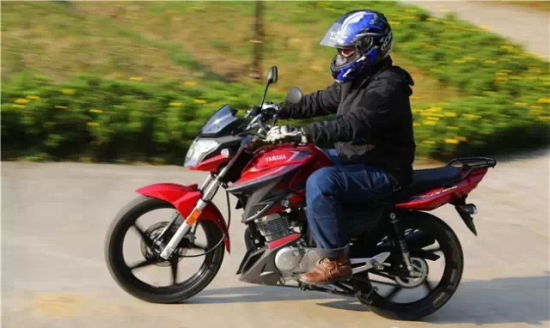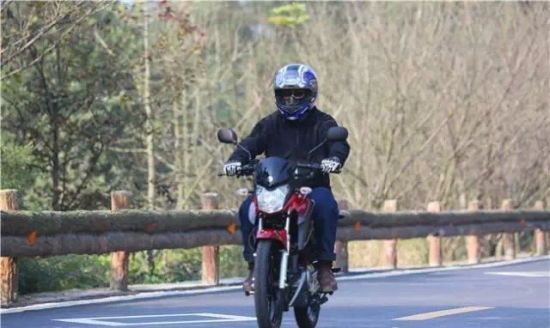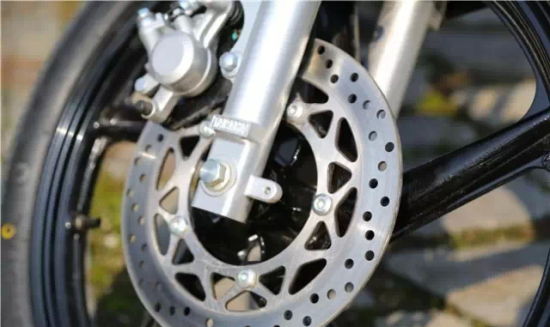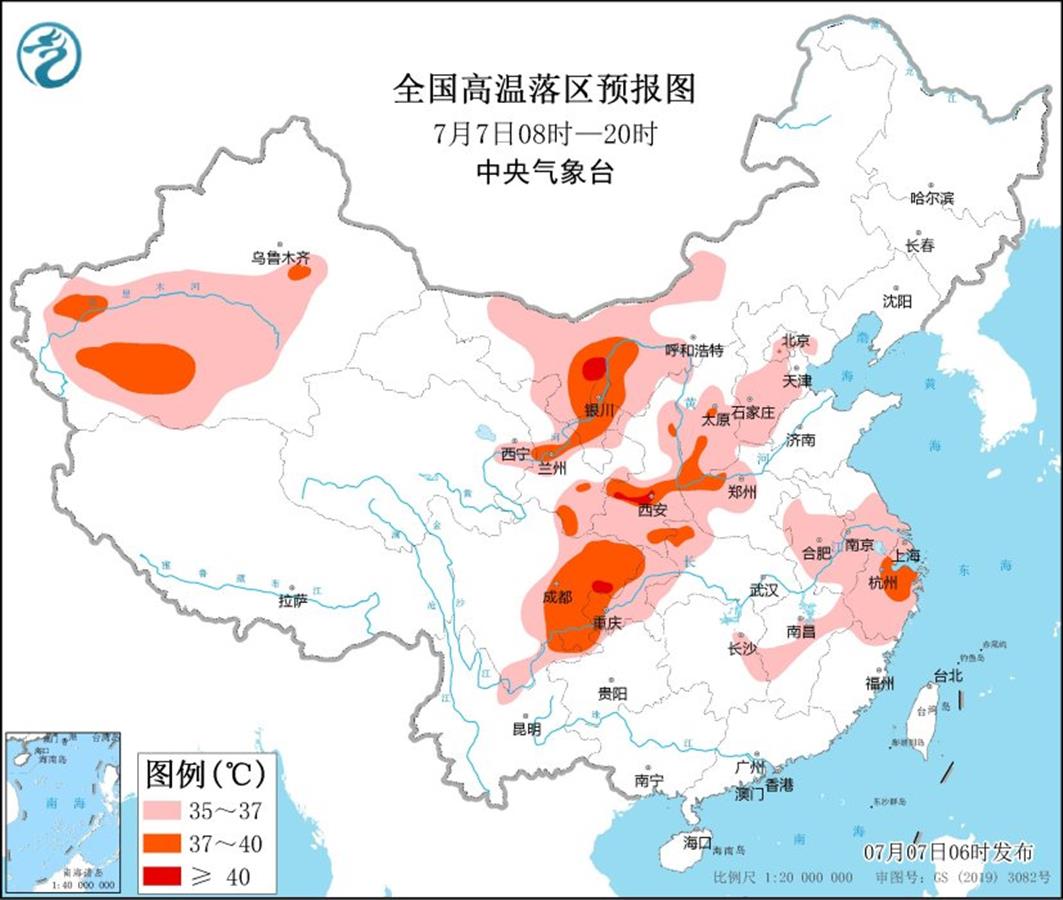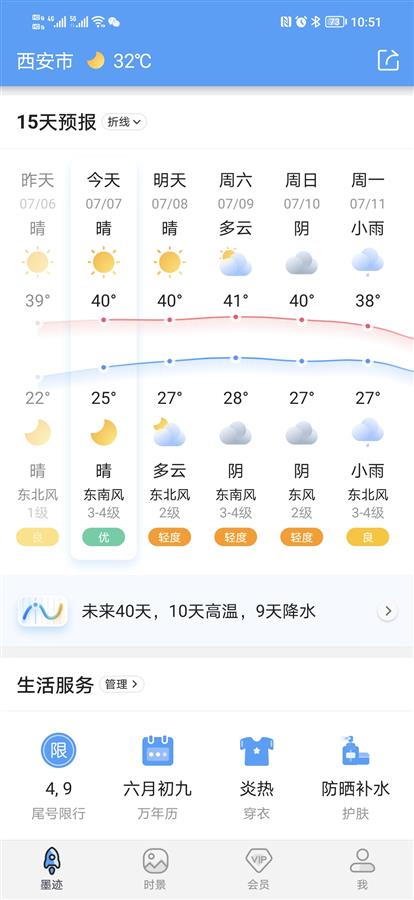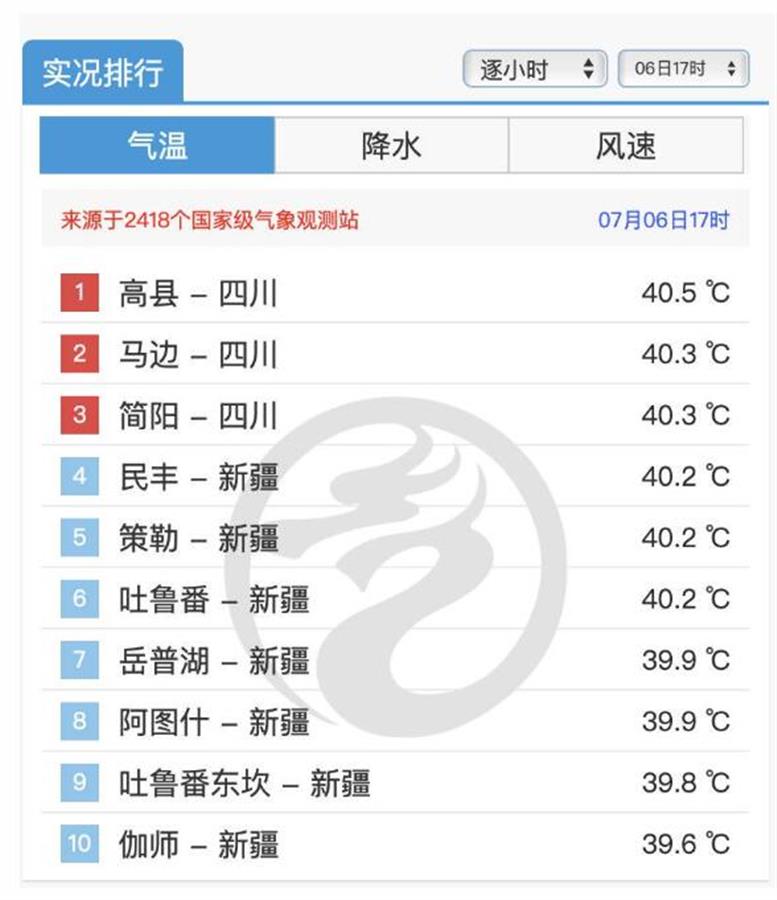In 2023, the basic pension for retirees will be raised by 3.8%.
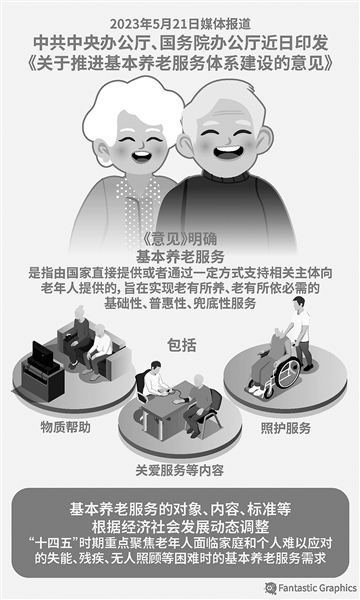
(Reporter Xie Li) On May 22, with the approval of the CPC Central Committee and the State Council, the Ministry of Human Resources and Social Security and the Ministry of Finance issued the Notice on Adjusting the Basic Pension for Retirees in 2023, clarifying that from January 1, 2023, the basic pension level will be raised for retirees of enterprises, institutions and institutions who have gone through retirement procedures according to regulations and received basic pensions on a monthly basis before the end of 2022. The overall adjustment level is 3.8% of the monthly basic pension for retirees in 2022.
According to the relevant person in charge of the Ministry of Human Resources and Social Security, this adjustment continues to adopt the adjustment method of combining quota adjustment, hook adjustment and appropriate tilt. Among them, the quota adjustment reflects social equity, and the adjustment standards for all types of retirees in the same area are consistent; The adjustment of the hook reflects the incentive mechanism of "paying more and getting more" and "paying more for a long time", so that those who pay more and pay more for a long time can get more pensions; Appropriate tilt reflects the key concern, mainly for the elderly retirees and retirees in hard and remote areas and other groups to take care of. The circular requires all provinces, autonomous regions and municipalities directly under the Central Government to distribute the adjusted and increased basic pensions to retirees as soon as possible.
related news
The General Offices of the General Office of the Central Committee of the CPC and the State Council issued the Opinions on Promoting the Construction of the Basic Old-age Service System.
Ensure that the list of national basic old-age services is "promised"
The Opinions on Promoting the Construction of the Basic Old-age Service System issued by the General Offices of the General Office of the Central Committee of the CPC and the State Council were released to the public on May 21st.
What are the basic old-age services? How to provide these services? The responsible comrades of the Department of Pension Services of the Ministry of Civil Affairs recently answered questions from reporters.
The List of National Basic Pension Services is a highlight of this opinion.
By the end of 2022, there were more than 280 million elderly people aged 60 and above in China, accounting for 19.8% of the country’s total population, including 210 million elderly people aged 65 and above, accounting for 14.9% of the country’s total population.
"In the central document, the opinions first defined the connotation and main tasks of promoting the basic old-age service system, clarified the responsibilities of the government, society, market and family in the basic old-age service, and clarified that the basic old-age service covers material help, care services and caring services, highlighting the protection of the elderly’s life safety and disability long-term care services." The person in charge said that the opinion is an important system design to promote the solution of the urgent problems of the elderly in the aged care service, and to cover the bottom, the bottom and the bottom. The formulation of the List of National Basic Old-age Services is a highlight of this opinion.
To ensure the basic life safety of the elderly as the main line
According to the person in charge, the List of National Basic Old-age Services focuses on ensuring the basic life safety of the elderly, and sorts out and summarizes the basic service items related to the elderly that have been clearly defined in the current effective laws, regulations and policy documents, and integrates them into the institutional framework of basic old-age services. The list includes 16 service items in three categories: material assistance, care service and caring service, and the service objects and contents of each item are defined respectively.
"It is an innovative policy measure based on China’s national conditions to divide old-age care services into basic old-age care services and non-basic old-age care services, and provide basic old-age care services as public products to all the elderly in a list and standardized way." The person in charge said that such policy measures can enable local governments to have a good idea of "what to protect" and "how far to protect" the old-age service at this stage, and use limited financial resources in the areas that the elderly are most concerned about and the key links that the elderly need most. At the same time, it is also beneficial for the elderly to know what kind of service guarantee they can get from the country and society.
In the next step, the Ministry of Civil Affairs will implement it according to the division of responsibilities.
At present, the development of various regions in China is still uneven, and the gap in the degree of aging is obvious. In this context, how to realize the fair guarantee of basic old-age services?
The person in charge said, on the one hand, the basic old-age care services that the CPC Central Committee and the State Council have made clear should be fully covered and not missed in principle, and the service items listed in the List of National Basic Old-age Care Services must be basically put in place at this stage; On the other hand, governments at or below the provincial level can study and put forward specific local implementation projects and standards according to the actual local economic development and the needs of the elderly, so as to find the best balance between meeting the people’s basic old-age service needs and the national financial security capacity, make the finance sustainable, and make dynamic adjustments according to procedures.
It is worth noting that it is clear that the basic old-age care services are mainly provided by the state directly or by supporting relevant entities in a certain way, including giving full play to the role of the market.
"Civil affairs departments at all levels should implement preferential support policies for the development of old-age services, encourage social forces to participate in the provision of basic old-age services, combine the government’s purchase of services with direct provision of services, and give priority to ensuring the service needs of the disabled, the elderly and the unattended elderly with financial difficulties." The person in charge said that where conditions permit, it is necessary to optimize policies such as bed construction subsidies and operating subsidies for old-age service institutions and support old-age service institutions to provide basic old-age services.
"In the next step, the Ministry of Civil Affairs will play a leading and coordinating role in the joint meeting mechanism of the aged care service departments, and promote the implementation of various departments and localities in accordance with the division of responsibilities. In addition, the Ministry of Civil Affairs, together with the National Development and Reform Commission and other departments, will establish and improve the evaluation mechanism and incorporate the construction of the basic old-age service system into the comprehensive performance evaluation of actively responding to the aging population. We should praise and encourage advanced regions or units that have done a good job, and help find out the reasons and promote the implementation of the work for regions or units that are backward in work. " The person in charge said.
